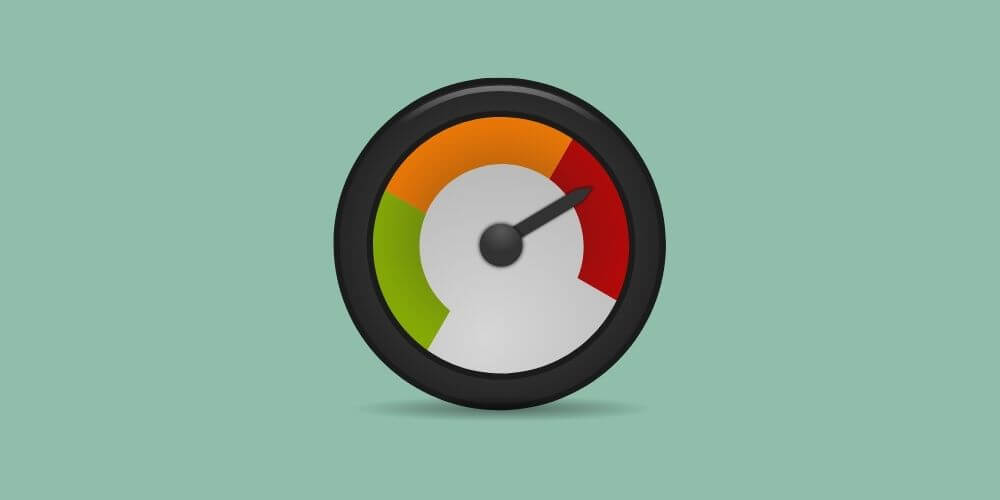Have you ever been taking a shower and suddenly the water pressure drops? Or maybe you’re running your faucet and the water slows to a trickle. If this happens frequently, it can be really frustrating. But don’t worry – you’re not alone. Many homeowners experience fluctuations in water pressure. So what’s causing it? And more importantly, what can you do about it?

Keep reading to find out.
Water pressure can fluctuate for a number of different reasons. Some are easy to fix while others might require getting help from a professional plumber. Let’s take a look at some of the most common causes behind low water pressure, and their solutions.
Obstruction
Before you do anything else, make sure that there isn’t something obstructing your home’s water supply. A simple blockage could cause enough water flow resistance to make the pressure drop significantly.
So before you get too far along in diagnosing your problem, double check that nothing is blocking the path between your home and any public water mains. If you do discover an obstruction, call in a plumber to help you clear it.
If you try to fix the problem yourself and fail, you could end up causing significant damage.
Water Pressure Regulator
If your water pressure problem turns out to be a simple case of a water pressure regulator, consider yourself lucky. The fix is easy – but you’ll need to know where the regulator is located before you can do anything else.
Most water pressure regulators are attached directly to your home’s main water line. They control the amount of pressure your home receives by reducing it when necessary. Many water pressure regulators are either adjustable or have a dial on the side that you can turn to decrease or increase water pressure.
If your regulator isn’t adjustable, then it may be time for a new one. Regulators are not expensive and you should be able to find one at any hardware store. Replacing your old regulator is an easy fix that won’t take more than half an hour if you know what you’re doing.
Water Pressure Tank
A water pressure tank is a cylinder that holds air under pressure, much like a bicycle tire. When your home’s water system needs more pressure, the pump fills the tank with air until it reaches a certain PSI (pounds per square inch). Then when a faucet is turned on, the air inside the tank is released and pushes water through your home’s pipes.
If you have a pressure tank system for your home’s water pressure it will likely be located in your attic or garage. Adjusting the water pressure can be as easy as adjusting a regulator, but unfortunately it can just as easily get out of whack and need replacement.
When the water pressure tank needs to be replaced, a contractor will need to come out and install a new one. This isn’t a difficult job, but it can take several hours depending on how your home is set up. And since the tank is located in your attic or garage, you may have trouble reaching it if you don’t have a tall enough ladder.
This is a job best left to a professional.
Water Use
Another potential reason for lower than usual water pressure is an increase in popularity of gardening or lawn care in your area – especially if they involve using sprinklers or other types of irrigation systems.
If your area is experiencing a particularly rainy season, this could be the culprit as well.
Water Supply
If you live in a rural area, there’s a chance that the water supply to your home is being affected by construction or other developments taking place upstream.
This can result in lower pressure at your tap – even if demand has actually decreased. The best way to determine this is to schedule an inspection with a plumber near you.
Leaks
Finally, leaks are another common reason for fluctuating water pressure. If you suspect that there might be a leak somewhere on your property, shut off all taps immediately and call a plumbing service for help as soon as possible.
Leaks can also cause pressure problems. A slow, minor leak will usually only lead to a slight decrease in water pressure over time, but if it’s more significant and needs professional attention you’ll want to be aware that it exists.
There are many ways that a significant leak can go unnoticed – for example, being hidden behind walls or floors where there isn’t direct access from the home’s interior.
It’s especially crucial to address leaky pipes before they cause more serious problems like mold growth, structural damage or flooding.
Final Thoughts
Most of the time water pressure is just fine – there’s nothing to worry about. It can fluctuate based on seasonal conditions or due to weather, but it shouldn’t be any cause for concern unless you notice a significant change in how much force your faucet delivers.
If that happens, find out what is wrong before it becomes an issue.

